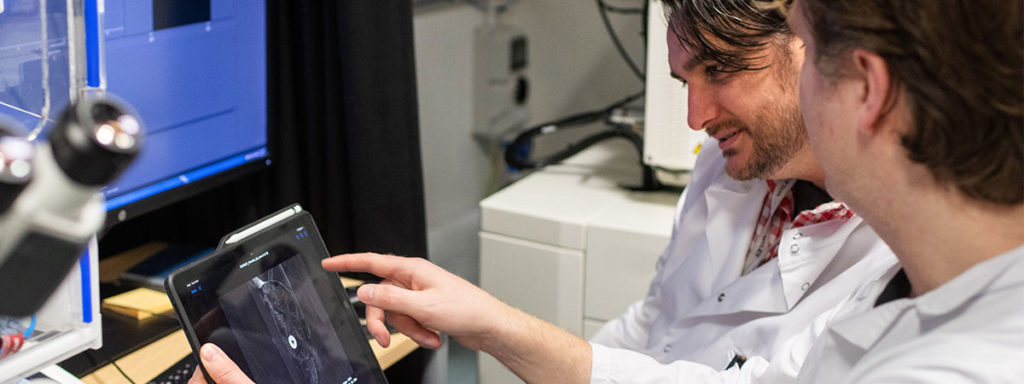Sandpit Held – Redesigning Health Services for Multiple Long-Term Conditions: A systems engineering approach

SPHERE (Systems and People-Centric Innovation in Healthcare Redesign) is a NIHR/EPSRC funded project led by Professors Saeema Ahmed-Kristensen and Helen Dawes, working to tackle these challenges through a collaborative approach. A multidisciplinary team from the University of Exeter and the University of Plymouth, including experts in Engineering Design, Simulation, Medicine, and other fields. This team […]
Hospital IT and reputation
Originally posted on the University of Cambridge’s Judge Business School website (2019). A study co-authored by INDEX’s Stavros Polykarpou and Michael Barrett of Cambridge Judge Business School focuses on the ongoing and potentially fickle relationship between hospital IT investment and the hospital’s reputation. Owing to institutional pressures including funding and organisational constraints, healthcare practitioners have […]
Technology and turf

Originally posted on the University of Cambridge’s Judge Business School website (2018). 3D printing holds great potential for hospitals, but a study co-authored at Cambridge Judge Business School cautions that such tech advances also risk tensions through workplace “boundary” disputes. Three-dimensional printing, in which computers are used to layer or otherwise bond materials to create […]
Waiting over five hours at A&E increases risk of death
This press release relates to this paper in the British Medical Journal by Simon Swift et al. Patients made to wait longer than five hours at A&E face an increased risk of death within 30 days, a new study shows. Researchers analysed data from Hospital Episode Statistics and the Office of National Statistics detailing the […]
Ready for 2022 – after another great year!
2021 was another great year for us at INDEX. From published papers to partaking in panel discussions, there is a lot to choose from for our highlights of the last twelve months. Funding We’ve had multiple projects funded, but one that stands out is our DIGIT Lab. This £12 million project has allowed us to […]
Going to sleep at 10pm linked to lowered risk of heart disease
From a press release originally posted on the University of Exeter website. Articles about this study have appeared across the world, including: BBC Healthline Huffington Post i News The Independent The Guardian NBC News The Telegraph Radio 4 – The World Tonight – Listen from 41:50 © BBC © NBC News A new study has […]
Tough love: a story of stigmatization in crowdfunding communities
Why might an entrepreneur entering a new community be stigmatized? Last month, I had the pleasure of presenting a paper at Virtual Toronto, centred around the above question. In the paper, my co-authors and I adopt the perspective of “valuators”, influential actors in a community. This allowed us to develop a theory of strategic stigmatization. […]
Watercoolers: can we replace random daily contact?
Ahead of World Mental Health Day, here’s a piece I wrote for Forbes. As we move into hybrid work and the next normal, do we need to schedule our unscheduled encounters? How do we replace the daily contact we used to have with people in our offices, those glass palaces in which we used to spend so […]
Incredible Black History Month programme delivered by the University of Exeter Business School
Originally posted by our DIGIT Lab project DIGIT Lab is committed to a truly embedded inclusive culture that runs through everything we do. The culture represents the diverse community we are, and continue to build. Oli Young, on our Equality, Diversity and Inclusion committee, is also Chief Diversity Officer for the University of Exeter Business […]
How accurate are online symptom checkers?
From paper by Adam Ceney, Stephanie Tolond, Andrzej Glowinski, Ben Marks, Simon Swift, and Tom Palser. In 2013, the World Health Organisation reported that the world was short of 7.2 million healthcare professionals of all disciplines. This is predicted to grow to 12.9 million by 2035. Primary care is particularly affected, with severe shortages being […]

